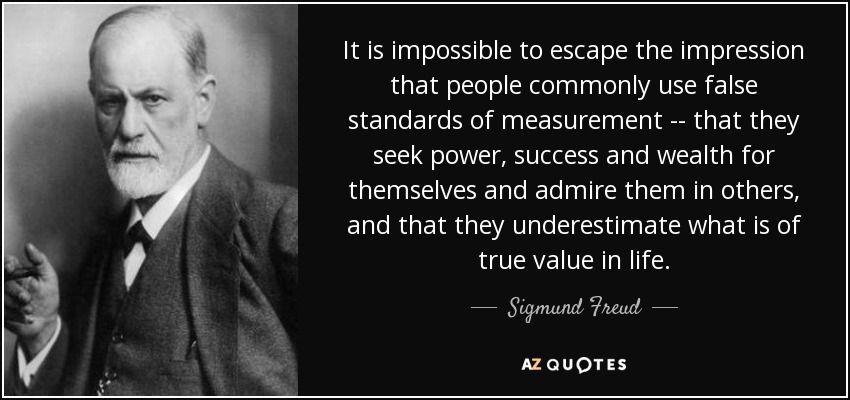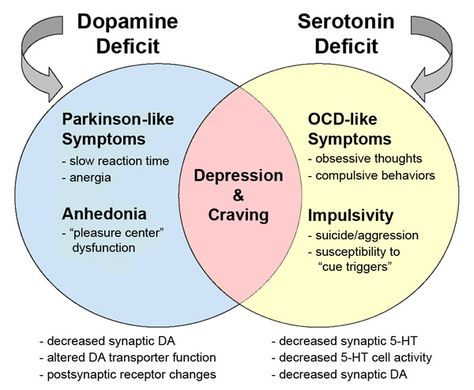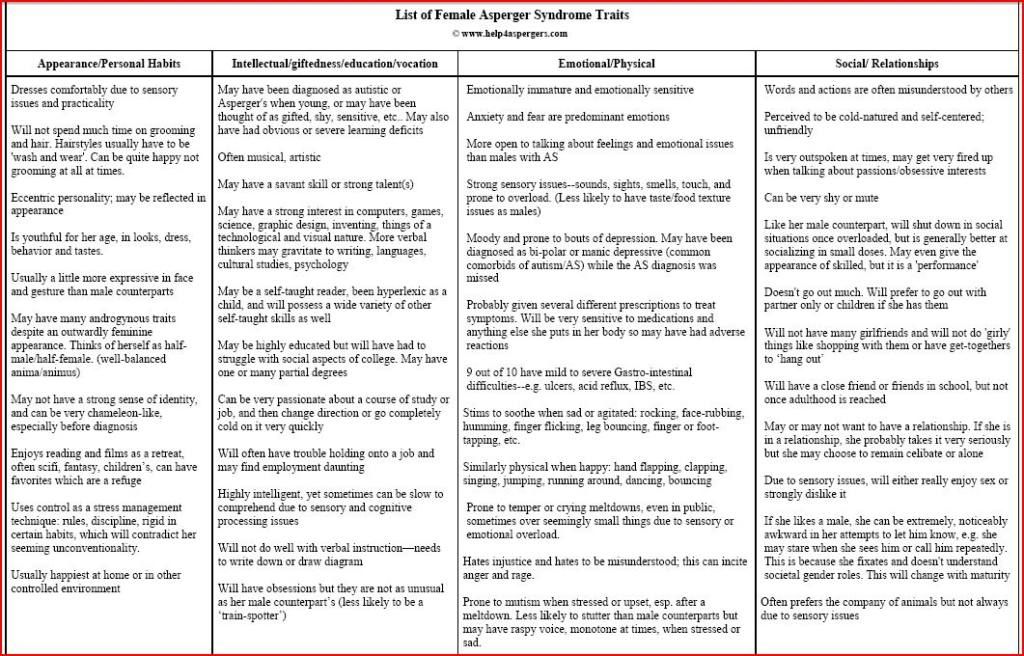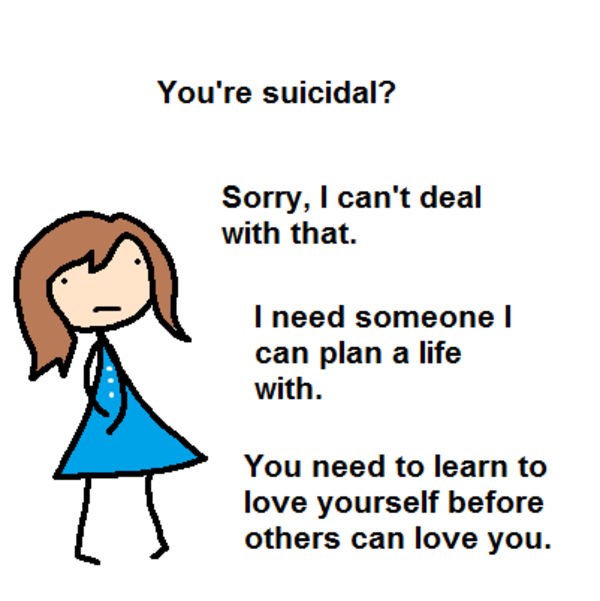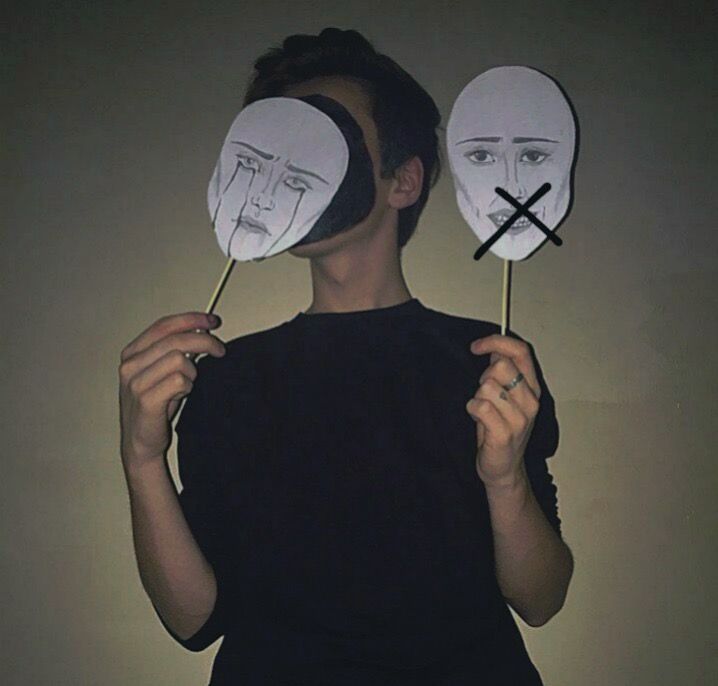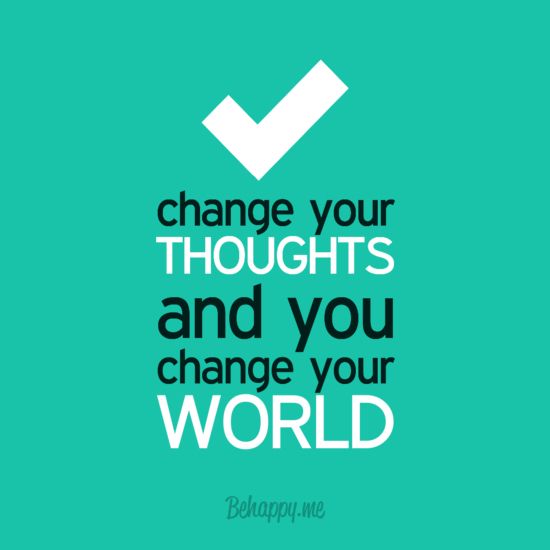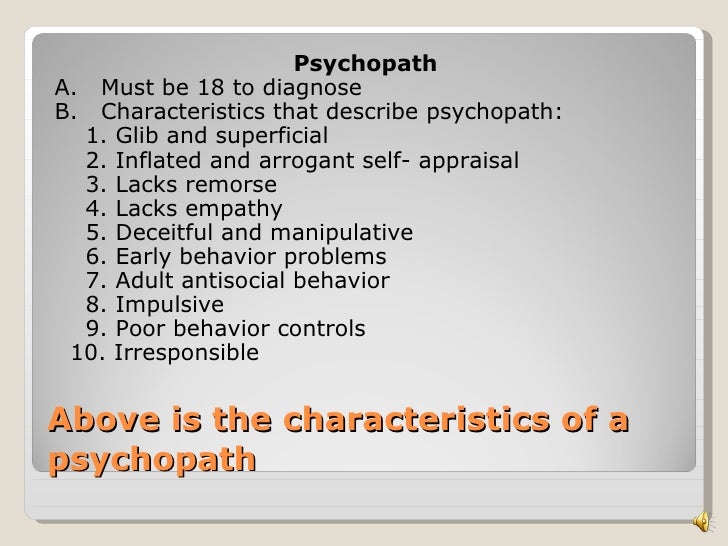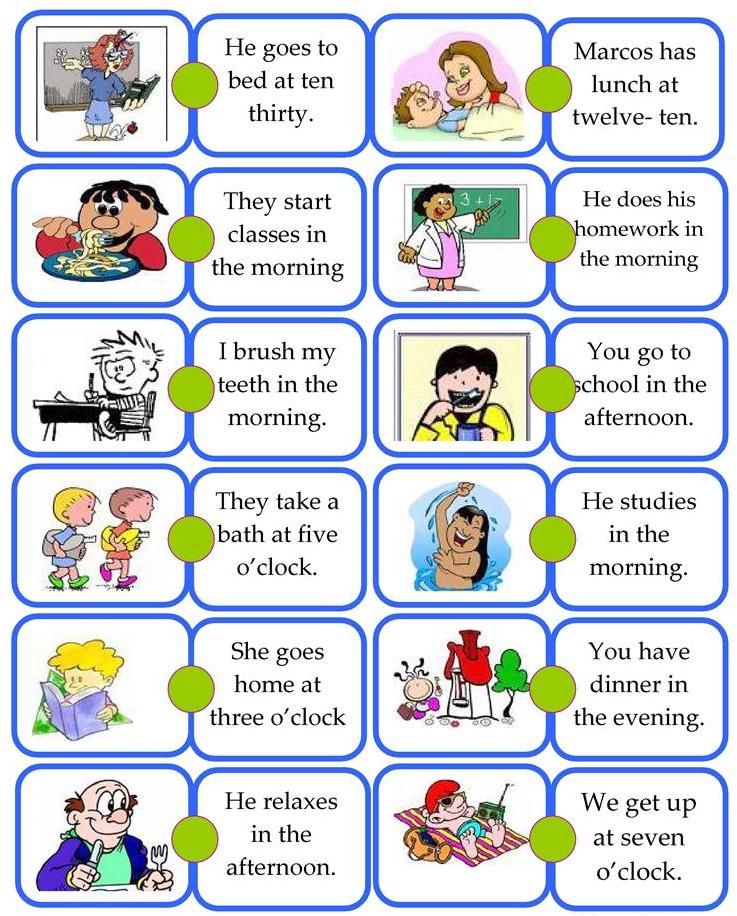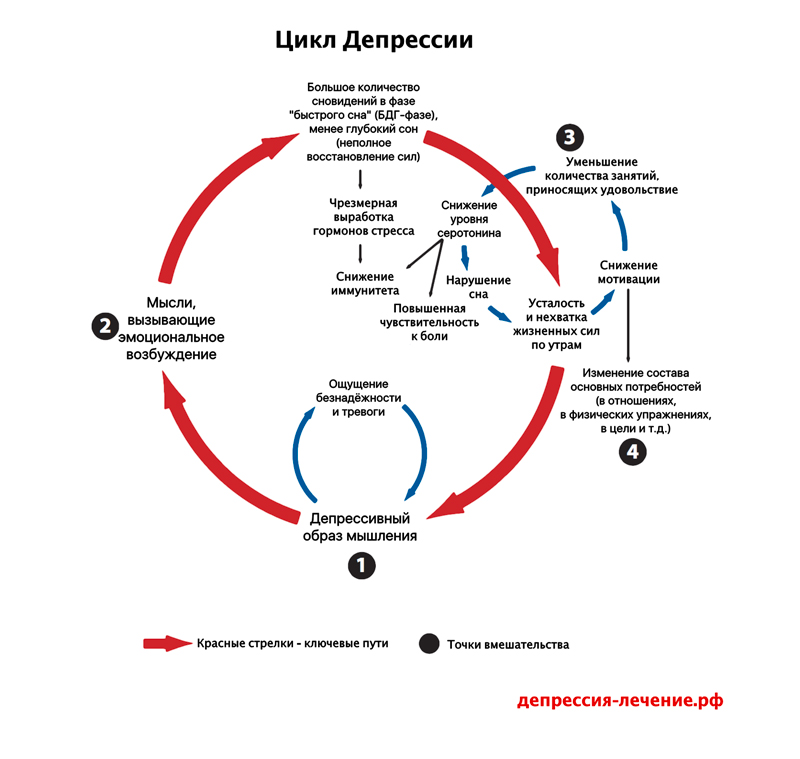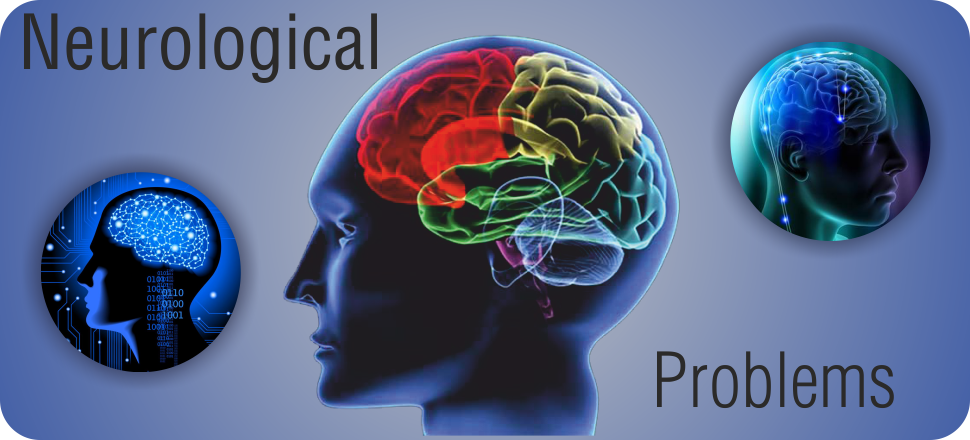Depression is nothing to be ashamed of
There’s Absolutely Nothing To Be Ashamed Of If You Have Depression
Winona Ryder is no stranger to talking about mental health. The 40-year-old actress has been speaking out about her depression since the height of her career, and now, nearly two decades later, she's still fighting to shut down stigma. "I'm so sick of people shaming women for being sensitive or vulnerable," she told New York magazine. Ryder called the stigma surrounding mental health "bizarre" and raised awareness about how common conditions like depression and anxiety are. "This happens to every girl, almost," she said. And while that might not be exactly statistically true, experts say Ryder is right: Depression is incredibly common, and there's no reason to feel ashamed of it.
Depression is a mental health condition characterized by persistent sadness, hopelessness, and negative mood. According to the WHO, it affects an estimated 350 million people worldwide. The CDC reports that more than 1 in 20 Americans (12 and older) reported having depression between 2009-2012, and that depression is one of the leading causes of disease and injury for men and women worldwide.
Despite being so common, stigmas surrounding depression and other mental health conditions persist. The CDC reports that only 25 percent of adults living with a mental health symptoms believe others are compassionate toward those with mental health conditions, for example. Philip Yanos, a John Jay College of Criminal Justice psychology professor, tells SELF that there are different perspectives on why stigmas exist. One view, he says, is that there are three driving forces behind stigma: keeping people down (exerting power over others), keeping people in (enforcing social norms), and keeping people away (avoidance). "Mental health stigma probably comes more from keeping people in," Yanos says. "So people when are experiencing mental health symptoms, they don't act like they're 'supposed to' so...society acts to keep them away or keep them out of sight."
Patrick Corrigan, a mental health advocate and Illinois Institute of Technology psychology professor, tells SELF that these stigmas are fueled by misconceptions about mental health conditions, and they typically manifest themselves in one of three ways. The first, public stigma, is "what we, the public, do to people who [have mental health conditions]," Corrigan says. This can impact a person's ability to get a job, find housing, build relationships, or access health care. The second, self stigma, is the internalized pressure a person with a mental health condition puts on him- or herself. "It's hard enough having depression," Corrigan says. "But on top of that, you have to carry the shame society wants you to have about it." This, he says, leads to something called the "why try" effect, which can lead people with mental health conditions to feel hopeless and want to give up. The last kind of stigma, label avoidance, leads people with mental health conditions to decide not to seek out treatment in an attempt to avoid the label of being someone with a mental health condition. An estimated 3.9 million of the 7.9 million people with mental health conditions in the U.S. leave their symptoms untreated each year—that represents about half of the American population with mental health conditions, many of whom opted out of treatment for the sake of avoiding stigma.
The first, public stigma, is "what we, the public, do to people who [have mental health conditions]," Corrigan says. This can impact a person's ability to get a job, find housing, build relationships, or access health care. The second, self stigma, is the internalized pressure a person with a mental health condition puts on him- or herself. "It's hard enough having depression," Corrigan says. "But on top of that, you have to carry the shame society wants you to have about it." This, he says, leads to something called the "why try" effect, which can lead people with mental health conditions to feel hopeless and want to give up. The last kind of stigma, label avoidance, leads people with mental health conditions to decide not to seek out treatment in an attempt to avoid the label of being someone with a mental health condition. An estimated 3.9 million of the 7.9 million people with mental health conditions in the U.S. leave their symptoms untreated each year—that represents about half of the American population with mental health conditions, many of whom opted out of treatment for the sake of avoiding stigma. Yanos describes the mentality as, "If I pretend it's not something that applies to me, then I won't get these negative stereotypes attached to me."
Yanos describes the mentality as, "If I pretend it's not something that applies to me, then I won't get these negative stereotypes attached to me."
SAMHSA’s National Helpline | SAMHSA
Your browser is not supported
Switch to Chrome, Edge, Firefox or Safari
Main page content
-
SAMHSA’s National Helpline is a free, confidential, 24/7, 365-day-a-year treatment referral and information service (in English and Spanish) for individuals and families facing mental and/or substance use disorders.
Also visit the online treatment locator.
SAMHSA’s National Helpline, 1-800-662-HELP (4357) (also known as the Treatment Referral Routing Service), or TTY: 1-800-487-4889 is a confidential, free, 24-hour-a-day, 365-day-a-year, information service, in English and Spanish, for individuals and family members facing mental and/or substance use disorders. This service provides referrals to local treatment facilities, support groups, and community-based organizations.
This service provides referrals to local treatment facilities, support groups, and community-based organizations.
Also visit the online treatment locator, or send your zip code via text message: 435748 (HELP4U) to find help near you. Read more about the HELP4U text messaging service.
The service is open 24/7, 365 days a year.
English and Spanish are available if you select the option to speak with a national representative. Currently, the 435748 (HELP4U) text messaging service is only available in English.
In 2020, the Helpline received 833,598 calls. This is a 27 percent increase from 2019, when the Helpline received a total of 656,953 calls for the year.
The referral service is free of charge. If you have no insurance or are underinsured, we will refer you to your state office, which is responsible for state-funded treatment programs. In addition, we can often refer you to facilities that charge on a sliding fee scale or accept Medicare or Medicaid.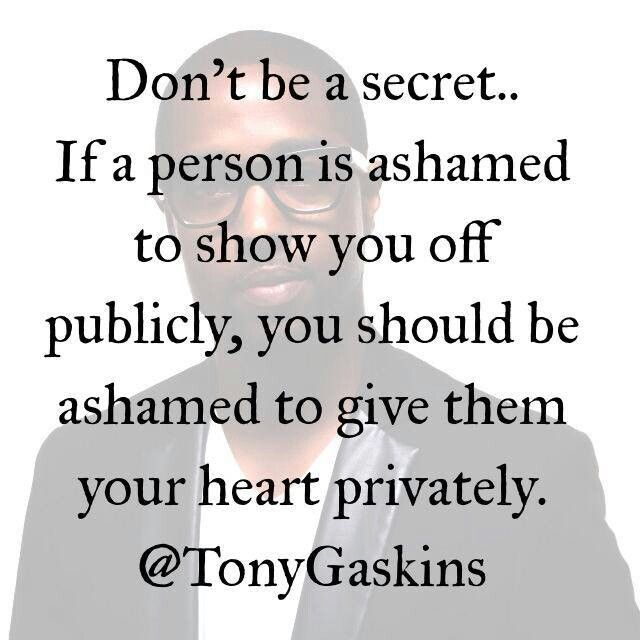 If you have health insurance, you are encouraged to contact your insurer for a list of participating health care providers and facilities.
If you have health insurance, you are encouraged to contact your insurer for a list of participating health care providers and facilities.
The service is confidential. We will not ask you for any personal information. We may ask for your zip code or other pertinent geographic information in order to track calls being routed to other offices or to accurately identify the local resources appropriate to your needs.
No, we do not provide counseling. Trained information specialists answer calls, transfer callers to state services or other appropriate intake centers in their states, and connect them with local assistance and support.
-
Suggested Resources
What Is Substance Abuse Treatment? A Booklet for Families
Created for family members of people with alcohol abuse or drug abuse problems. Answers questions about substance abuse, its symptoms, different types of treatment, and recovery. Addresses concerns of children of parents with substance use/abuse problems.
Addresses concerns of children of parents with substance use/abuse problems.It's Not Your Fault (NACoA) (PDF | 12 KB)
Assures teens with parents who abuse alcohol or drugs that, "It's not your fault!" and that they are not alone. Encourages teens to seek emotional support from other adults, school counselors, and youth support groups such as Alateen, and provides a resource list.After an Attempt: A Guide for Taking Care of Your Family Member After Treatment in the Emergency Department
Aids family members in coping with the aftermath of a relative's suicide attempt. Describes the emergency department treatment process, lists questions to ask about follow-up treatment, and describes how to reduce risk and ensure safety at home.Family Therapy Can Help: For People in Recovery From Mental Illness or Addiction
Explores the role of family therapy in recovery from mental illness or substance abuse. Explains how family therapy sessions are run and who conducts them, describes a typical session, and provides information on its effectiveness in recovery.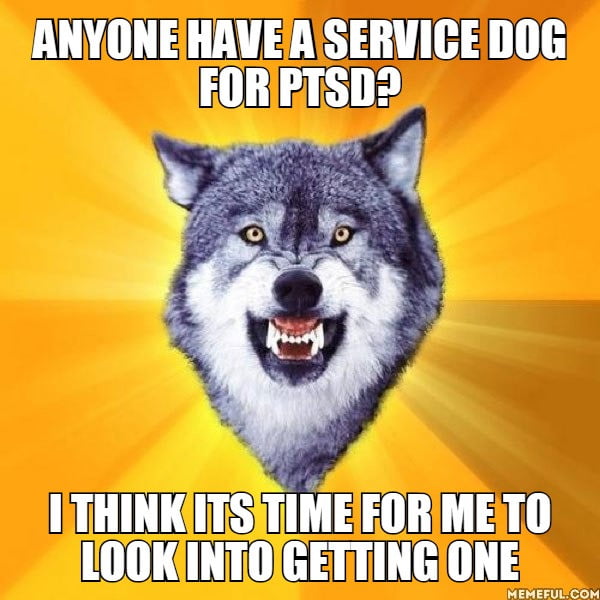
For additional resources, please visit the SAMHSA Store.
Last Updated: 08/30/2022
why you should not be ashamed of your weakness
You are strong, but your will will not help you. You're smart, but you can't find a way out right now. Because depression can be stronger than you. And you shouldn't be ashamed of it. Martha Ketro knows how to get through a time of weakness.
Website editor
Tags:
Martha Ketro
Life Stories
Psychology of Personality
Marta Ketro
Once I had to meet a stranger: a friend of my friend arrived, I didn’t know anything about her and didn’t even see her Facebook page (the social network was recognized as extremist and banned on the territory of the Russian Federation). We sat over coffee, carefully groping for topics for conversation: cats, travel, children... And by the way, she remarked: “That year I got depressed,” and from that moment our conversation became relaxed. The girl calmly and cheerfully talked about her experience ten years ago and dropped a strange phrase: "The surprise of depression is that it can be very embarrassing." I put this thought aside to think about later, and we decided to take a walk along the sea. It happened in Tel Aviv, in November, after sunset the air was cool, and the water at the edge of the surf was very warm. We took off our shoes and walked along the shore. On the beach, we came across a simple wooden swing on thick chains, my new acquaintance immediately ran to them and began to swing. Then she stopped and asked: “Don’t you want to?” nine0003
We sat over coffee, carefully groping for topics for conversation: cats, travel, children... And by the way, she remarked: “That year I got depressed,” and from that moment our conversation became relaxed. The girl calmly and cheerfully talked about her experience ten years ago and dropped a strange phrase: "The surprise of depression is that it can be very embarrassing." I put this thought aside to think about later, and we decided to take a walk along the sea. It happened in Tel Aviv, in November, after sunset the air was cool, and the water at the edge of the surf was very warm. We took off our shoes and walked along the shore. On the beach, we came across a simple wooden swing on thick chains, my new acquaintance immediately ran to them and began to swing. Then she stopped and asked: “Don’t you want to?” nine0003
I felt my face turn to stone: “No, no, thank you.”
— Exactly? Are you okay?
-No, it's not okay, but it's okay.
I just imagined that now I would push off and rise to the dark sky, towards the salty wind from the sea, for a split second I would feel flying, falling and flying again.
And I realized that this is too strong an experience. I can't and don't want to feel. Sorry. I can't do it.
Because the same thing happened to me as it happened to her ten years ago, but right now. nine0003
ADVERTISING - CONTINUED BELOW
All my cats died that autumn. In fact, there were only two of them, but it sounds more tragic. I loved only the cat of them - very much, and the death of the cat that followed a month later was just a very unpleasant surprise. But they were both old, was it worth killing like that? And I didn’t kill myself, just a stupid childish thought settled inside: “Oh, well, no, this is all too much for me.” I can not do it anymore. What? And everything.
My husband successfully left for a couple of weeks, and a strange time began for me.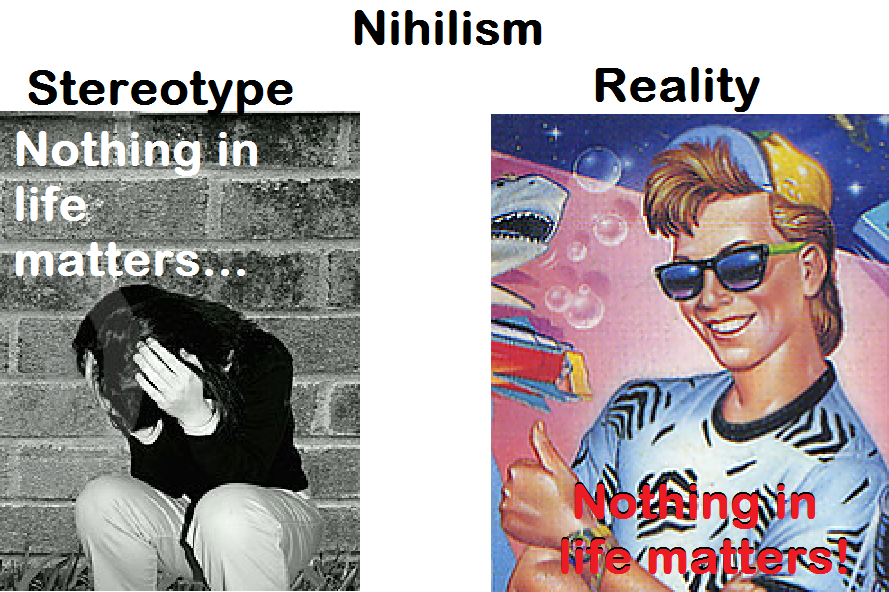 I did not leave the house and almost did not get out from under the covers. She slowly ate the contents of the refrigerator, played with a new kitten, which she bought for comfort, and slept all the days. This eliminated the need to live: what kind of walks, meetings and work at night? Only read light books and complete quests on the tablet. It was a normal time, I didn’t suffer, I didn’t grieve, I didn’t have anything. The problems started when my husband returned, and I had to move: first, wash and eat. It was disgustingly hard: the water was disgusting, the stomach hurt from eating. nine0003
I did not leave the house and almost did not get out from under the covers. She slowly ate the contents of the refrigerator, played with a new kitten, which she bought for comfort, and slept all the days. This eliminated the need to live: what kind of walks, meetings and work at night? Only read light books and complete quests on the tablet. It was a normal time, I didn’t suffer, I didn’t grieve, I didn’t have anything. The problems started when my husband returned, and I had to move: first, wash and eat. It was disgustingly hard: the water was disgusting, the stomach hurt from eating. nine0003
Only after that I decided to talk to psychologists I know and give a name to all this filth.
What a surprise, I thought, in depression they cry and feel sorry for themselves, but it turned out that there is so little vital energy left that there is no strength for emotions.
I remembered that girl's phrase about shame: yes, I was ashamed. Depression is for hysterics, and I am strong and persistent, I could not break down because of cats, even though they were members of the family for eighteen years. True, it’s only been a year since we moved from Moscow to Tel Aviv, so what, I love this city, and I feel good here. nine0003
Depression is for hysterics, and I am strong and persistent, I could not break down because of cats, even though they were members of the family for eighteen years. True, it’s only been a year since we moved from Moscow to Tel Aviv, so what, I love this city, and I feel good here. nine0003
What did you lose with the move, the psychologist asked. I AM? Nothing but cats, but I live by the sea, eat mangoes and bask in the sun in December. "What are you missing?" Perhaps the New Year, they don’t really celebrate it here, there are no lights, like on Tverskaya, but this is nothing. That's a lot, he replied. No pre-holiday excitement, no presents, no Christmas tree, no trips to your parents when you're little again, no toys, no snow that turns the world from gray to blinding white one night. And this is only one loss, but how many are there in total? There is no language you can speak, no former status and many familiar things. You replaced each one with something, for each lost joy you found two new ones, but this does not relieve stress and does not reduce the time required for recovery. You have the right to break. nine0003
You have the right to break. nine0003
But what to do? Interestingly, the opinions of ordinary people and professionals differ sharply here. Friends, our "home psychologists", will say: "Get together, rag, pull yourself together, go on a trip, go in for sports." I myself said so in their place. But when you can’t get out of the house, what adventures are there. Experts in chorus advise to lie down, no violence and exploits "through I can not." Depression becomes a time of energy storage if you can afford not to waste it. And those who are not ready to drop out of society for months need to take antidepressants. The will, even the strongest, will no longer help. It's like exercising a broken leg instead of holding it in a cast. No, it will not be developed. The time has come when it is time to give yourself peace, admit weakness and accept all the support that is possible. Three months was enough for me, someone needs six months and pills. Gradually, all bad things will end, you will find yourself on a new level, with new strengths and opportunities. In the meantime, allow yourself not to cope and not to win, this is not with you forever, this is a time of weakness. nine0003
In the meantime, allow yourself not to cope and not to win, this is not with you forever, this is a time of weakness. nine0003
Photo: Getty Images
Depression: what is depression, why it occurs - symptoms and signs
According to the World Health Organization (WHO), more than 300 million people of all ages suffer from depression worldwide. Severe forms of depression lead to suicide. This makes depression especially dangerous for young people: suicide is the second leading cause of death for people aged 15 to 29. In addition, depression is a major cause of disability. Informburo.kz talks about why depression is a disease, what are its causes and how to deal with it. nine0003
What is depression?
Depression is not just a prolonged bad mood. This is a mental disorder, that is, a disease that needs to be treated. How to deal with depression? Effective treatments for depression are known, but according to WHO, less than half of those who suffer from it in the world receive such treatment. And in some countries, less than 10% of patients receive treatment. One of the reasons for this situation is social stigmatization, that is, labeling. There are many stereotypes in society that make people hide their depression:
And in some countries, less than 10% of patients receive treatment. One of the reasons for this situation is social stigmatization, that is, labeling. There are many stereotypes in society that make people hide their depression:
- "This is a weakness that is shameful to talk about."
- "No one needs such people, no one wants to be with psychos."
- "I will be considered violent, I will not be able to live as before."
- "No one will believe me, they will only laugh at me";
- "I'll listen again that I just want to get hurt because I don't look like a depressed person."
- "I'm scared that I'm going crazy."
- "I'll be fired from my job if they find out I'm depressed." nine0060
- "I'll be locked up in a hospital or forced to take antidepressants - it's scary."
- "Suddenly it is incurable."
People are silent and hide their condition. They need help and treatment, which they do not receive. After all, the body is not always able to cope with the disease on its own, it can progress and lead to a sad outcome.
But in September 2017, people began to openly talk about depression on social networks: the Face of Depression flash mob appeared (in the Russian-language segment, the name "The Face of Depression" and "Depression has no face" is also used). The flash mob began after Talinda Bennington posted the video on her Twitter on September 16. In the video, her husband - the famous lead singer of Linkin Park Chester Bennington - 36 hours before he hanged himself. Chester and his son eat candy in a variety of flavors, ranging from "normal" flavors like strawberry and banana to nasty flavors like dirty socks and rotten eggs. Chester laughs and looks happy. Talinda Bennington wanted to show that a depressed person does not have a special facial expression or characteristic signs by which others can understand that he is ill. nine0003
This is what depression looked like to us just 36 hrs b4 his death. He loved us SO much & we loved him.
— Talinda Bennington (@TalindaB) September 16, 2017#fuckdepression #MakeChesterProud pic.twitter.com/VW44eOER4k
The flash mob has gained momentum: people share their photos and stories about depression with the hashtag #faceofdepression. It's hard to believe that many of these smiling people will attempt suicide shortly after this photo.
However, many stories have appeared on the Internet that only confuse those who want to understand the problem. Photographer Liza Zhakova with bipolar disorder (a form of depression) said in an interview with Psychologies magazine: “A lot is written and said about depression, but there are very few really useful texts from which you can really learn and understand something - for all the time I have read all of them two, probably. At the same time, there is nothing useful not only for healthy people, but also for people who are familiar with depression firsthand ... It seems to me that the flash mob romanticizes this story too much.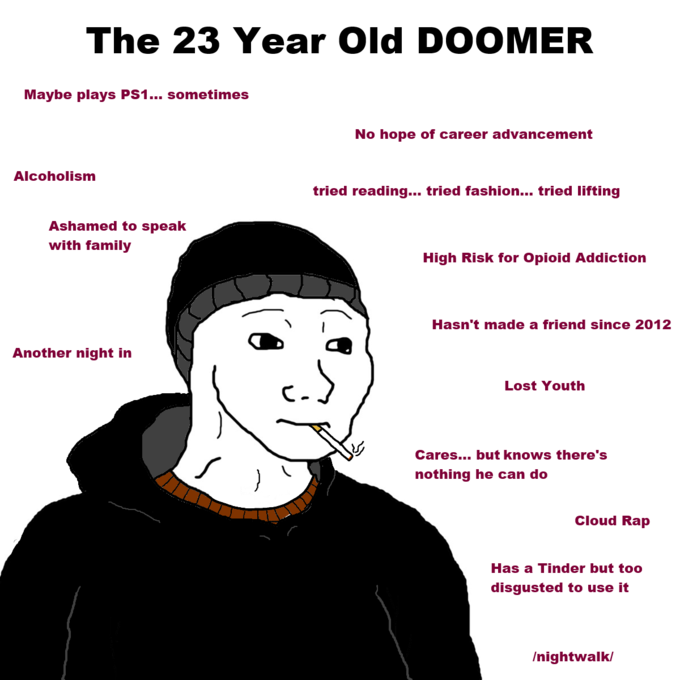 This is a wrong message, because it does not help fight depression. depression often needs the help of someone close so that he at least decides to see a doctor with his problem. nine0003 See also: "We believe that schizophrenia is contagious." How Kazakhstanis with mental disorders live
This is a wrong message, because it does not help fight depression. depression often needs the help of someone close so that he at least decides to see a doctor with his problem. nine0003 See also: "We believe that schizophrenia is contagious." How Kazakhstanis with mental disorders live
Symptoms: how to understand that it is depression
Identifying depression can be difficult because there are no specific symptoms that accurately point to depression. WHO fact sheets list the following as the main symptoms: depressed mood, anxiety and fear, indifference to what is happening, fatigue, loss of ability to concentrate and even physical pain. nine0003
Flashmob participants told how they felt during depression. And although they noted common symptoms and signs of depression, they all manifested themselves in different ways.
"I just didn't leave the house for almost half a year, although I was going to do it every day."
"I physically felt the strongest oppression, as happens with poisoning.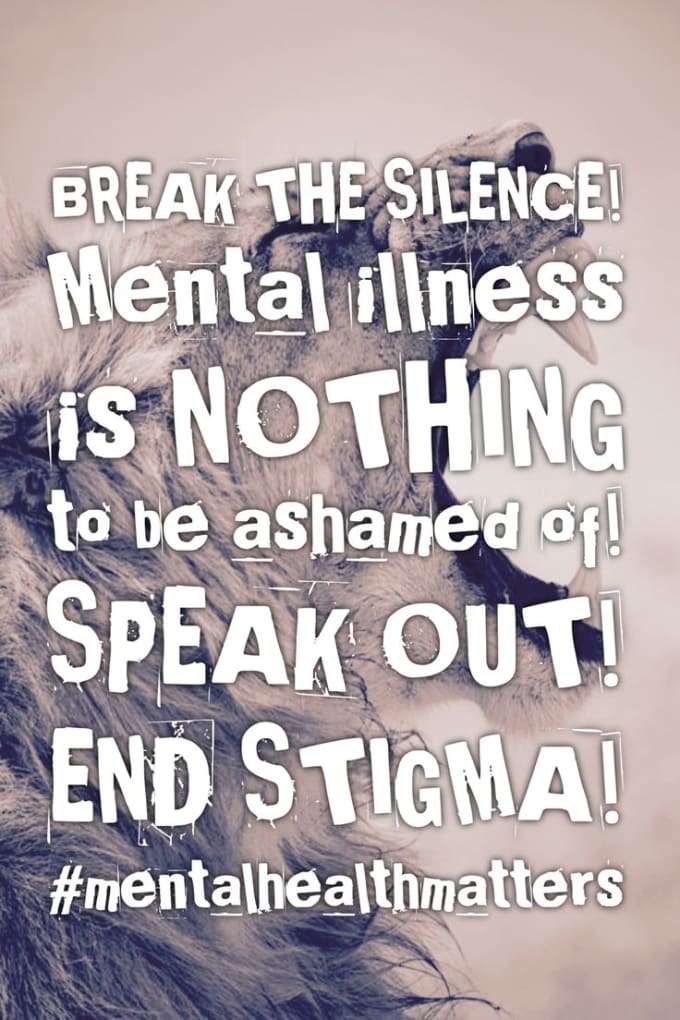 There was a feeling of immersion in an endless black well, detachment from the whole world. Moreover, this seemed to be the only essence of life, and for some reason it was almost unimportant that it would pass later." nine0003
There was a feeling of immersion in an endless black well, detachment from the whole world. Moreover, this seemed to be the only essence of life, and for some reason it was almost unimportant that it would pass later." nine0003
"Food lost its taste. It didn't matter whether you ate or not. And whether you slept at all, too."
Detailed stories were told by the participants of the flash mob to Meduza.
"The body finally exhausted all resources, the pain became truly unbearable, it was impossible to turn off or distract from it. The heart ached - not an organ, but the place that people grab when something unexpected happens, and the solar plexus, such excruciating, prolonged pain. I cried, fell asleep for a couple of hours, cried again, fell asleep - and so, it seems, a day or more. " nine0003
"The psychiatrist suggested that I go to the hospital, but I was categorically against it. Two days later, the depression intensified so much that I could not even walk and eat - and I was hospitalized, because I didn’t care anymore. In the hospital, I had derealization, that is, a loss of connection with reality. For the first time, I felt that I had no soul, there was only a body that only needed to drink water and smoke sometimes. My external space was distorted, the corridor to the toilet seemed four kilometers long. When friends and doctors spoke, that I would recover, it seemed to me that it was like flying to Mars. I slept for 20 hours, but the dream did not give any relief. " nine0003
In the hospital, I had derealization, that is, a loss of connection with reality. For the first time, I felt that I had no soul, there was only a body that only needed to drink water and smoke sometimes. My external space was distorted, the corridor to the toilet seemed four kilometers long. When friends and doctors spoke, that I would recover, it seemed to me that it was like flying to Mars. I slept for 20 hours, but the dream did not give any relief. " nine0003
Why depression develops
Depression may be reactive or endogenous. Reactive (from the word "reaction") arises as a response to an external cause: difficult life situations, loss, prolonged stress.
Endogenous depressions do not have pronounced external causes for their occurrence, that is, they occur "inside the psyche". The main reason for such depression is hormonal. The functioning of the nervous system is highly dependent on hormones. These include serotonin, norepinephrine and dopamine. Their deficiency contributes to the development of depressive states and obsessive-compulsive disorders, such as postpartum depression.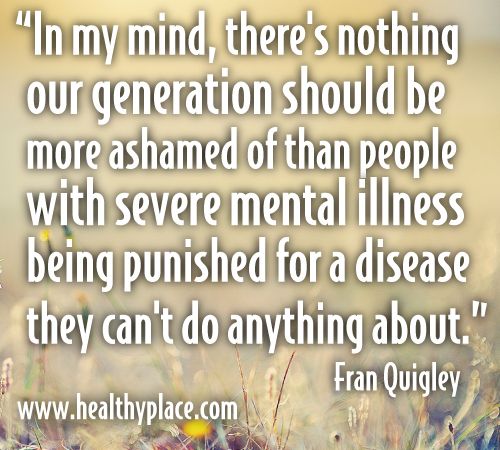 nine0003
nine0003
Serotonin, norepinephrine and dopamine perform other functions in the body. For example, serotonin facilitates motor activity and regulates vascular tone. This explains why many people with depressive disorders find it difficult to just get out of bed or go to the bathroom. And serotonin coordinates childbirth in women: it affects the contraction of the muscles of the walls of the uterus and prepares the birth canal. At the same time, postpartum depression is still spoken of as some kind of whim or “abnormality” of a woman. nine0003
Depression is divided into 3 types depending on the severity of the course of the disease: mild, moderate and severe. In addition, depression, like any disease, can progress. And this is the main reason why it should not be ashamed, but should be treated. Especially if depression arose due to a lack of hormones: to help, you need to eliminate the cause of the disease.
What to do if you or your loved ones have symptoms of depression
It is difficult to trace a depressive state in oneself. Mild forms can be overlooked, and in moderate and severe forms, people often cannot take any action because it seems meaningless and what is happening is unimportant. This is especially dangerous if the depression progresses. In such situations, help is needed. nine0003
Mild forms can be overlooked, and in moderate and severe forms, people often cannot take any action because it seems meaningless and what is happening is unimportant. This is especially dangerous if the depression progresses. In such situations, help is needed. nine0003
Informburo.kz spoke with Igor Vavilov, a psychiatrist and psychotherapist at the Republican Scientific and Practical Center for Mental Health (RSPCH). He advised paying attention to the totality and severity of symptoms, as well as comparing them with the usual state of a person: “If you know a person, observe him constantly,“ in dynamics ”, you can notice changes in behavior that are unusual for him. The stronger the changes and symptoms, the more reason to sound the alarm. The main thing is to remain suicidal alert and, if necessary, immediately contact a specialist. " nine0003
Parents of adolescents should be especially careful: against the background of hormonal changes, adolescents can experience many situations hard.